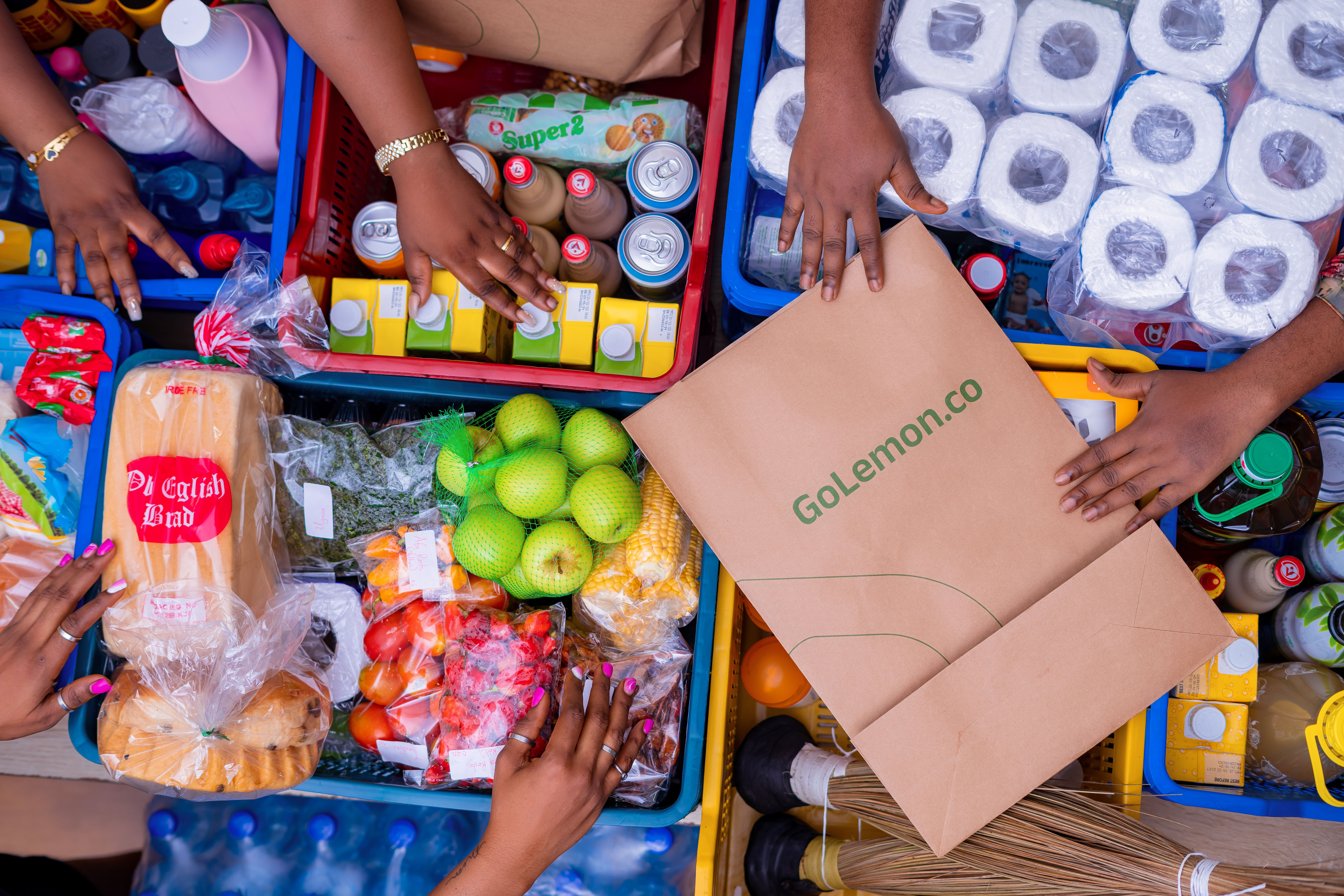
GoLemon, a grocery delivery startup founded by former Paystack employees, is preparing to introduce next-day delivery as part of its growth strategy to compete in Nigeria’s fast-evolving online grocery space. Currently, GoLemon’s deliveries arrive two days post-order, a timeline that is set to be reduced by over 40% through round-the-clock operations. The company hopes this will help them gain a competitive edge against established players like Chowdeck, Mano, PricePally, and My FoodAngels, which already offer faster delivery options.
Enhancing Operational Efficiency
To facilitate the quicker delivery time, GoLemon will be running a 24-hour operation cycle. This includes overnight picking and packing, early-morning quality checks, and real-time inventory management. This level of operational overhaul is supported by a new tracking dashboard being developed by GoLemon’s tech team, improving internal order communication beyond the previous use of Slack bots.
Managing Costs Amid Faster Delivery
While faster delivery generally increases fulfillment costs, GoLemon’s founders have reassured customers that delivery fees will remain stable. Abdulrahman Jogbojogbo, a co-founder, notes that GoLemon has always focused on quality and affordability over speed. At present, the company’s typical customer base places bulk orders with an average basket size of ₦50,000 and is generally less concerned about same-day delivery. This pricing strategy, alongside a 36-hour delivery window, allows GoLemon to offer competitive delivery fees, as low as ₦300 in some cases.
This focus on affordability aligns with CEO Yinka Adewuyi’s statement at a TechCabal panel that GoLemon aims to provide a balanced grocery shopping experience at accessible prices. While faster delivery may attract impulse buyers, GoLemon’s core demographic values cost-efficiency and quality, which the startup delivers by working directly with farmers, manufacturers, and distributors who share their quality standards.
Demand Prediction and Inventory Management
Achieving fast delivery relies on accurate demand forecasting and efficient inventory management. GoLemon has implemented a smart prediction model to optimize its inventory, stocking high-demand items in the right quantities to meet customer needs swiftly. This strategy is essential as the company scales up next-day delivery, especially given that some competitors, like Chowdeck, rely on sourcing from nearby malls and markets to fulfill orders in under an hour.
Strategic Positioning in a Competitive Market
The addition of next-day delivery could help GoLemon hold its ground among competitors, many of whom are already serving the impulse buying segment through rapid delivery options. Nevertheless, GoLemon maintains that it’s not pursuing “fast commerce” but rather an accessible and quality-driven grocery delivery experience. For this reason, the company is selectively expanding and plans to continue fostering direct partnerships with suppliers to ensure consistency in quality and pricing.
This strategic shift by GoLemon underscores the intensifying competition within Nigeria’s grocery delivery market, as companies refine their delivery models to balance affordability, quality, and speed.
